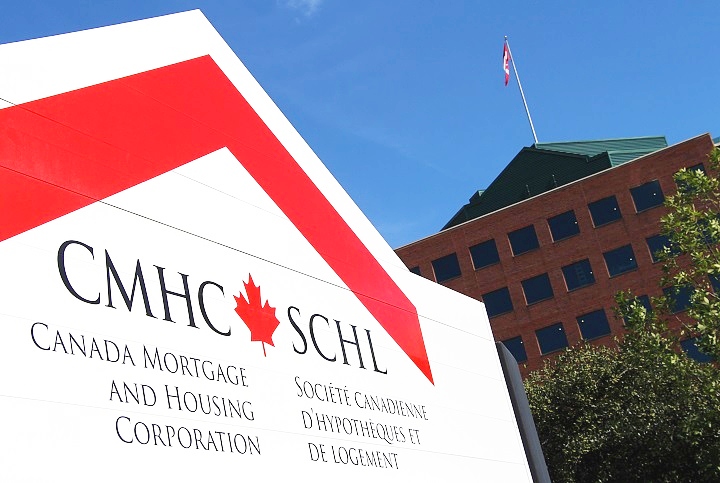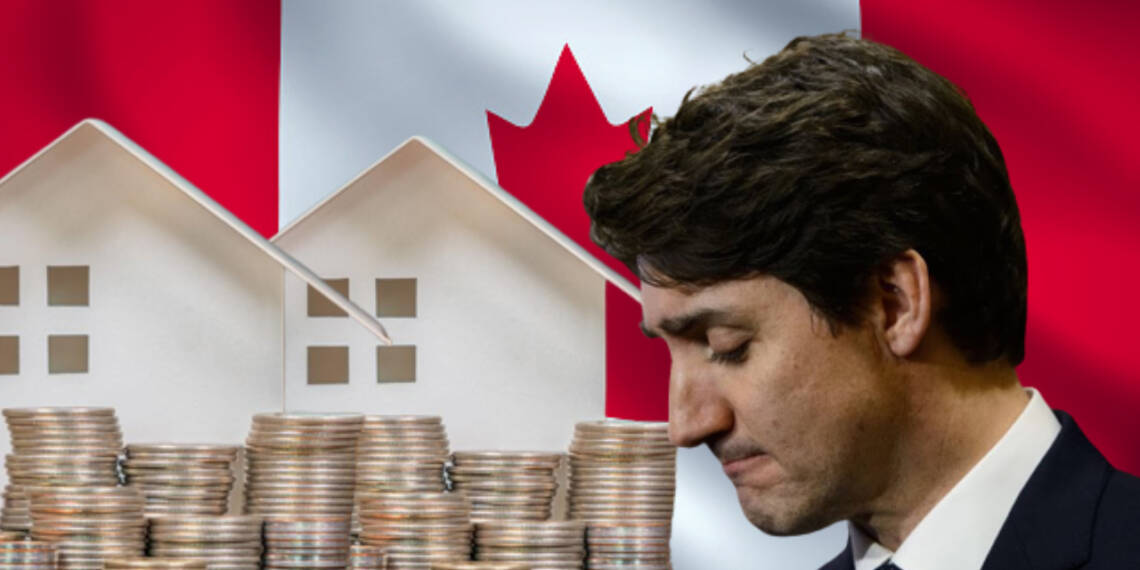Canada’s most multicultural city is suffering from a housing crisis. And now, the situation is about to worsen drastically to the point that the real-estate sector of Toronto might even collapse. According to a new report by Swiss bank UBS, Toronto has now the highest housing bubble risk in the world — even higher than cities such as Frankfurt and Hong Kong.
The annual UBS report assigned an index score to the housing markets in 25 cities, with a score higher than 1.5 indicating that a city is likely experiencing a housing bubble.
You might be astonished; the average range of the index score for 24 cities is between 1-1.5. However, Toronto has received a score of 2.24 making the city the most vulnerable in North America.
According to the data cited by UBS, overall housing prices have grown 17% in Toronto in 2021. The bank stressed that this housing crisis was brought upon by the expanding population and declining mortgage rates. Furthermore, the bank also took a dig at the Federal Government citing its policy failures over the years to stop the expansion of the bubble.

The Bank of Canada’s recent rate hike is the “straw that broke the camel’s back”, the report has clarified. The reason behind this is that the sudden rate hike increased the financial burden on common Canadians who were already having difficulty affording homes. They “are expected to show more income in order to qualify for a mortgage, in addition to paying higher interest rates”.
The bank also stressed that “Higher interest rates, inflation, and turmoil in the financial markets are also a major factor behind Toronto’s housing mishap”.
Canadians need home
Sadly, the criticism of UBS for the Canadian Housing crisis is falling on deaf ears. The Canadian housing crisis has been worsening and there have been constant calls to fix the errors. However, the government is constantly flogging the dead horse. The federal government under Justin Trudeau is trying to fix the demand side of the housing crisis by increasing interest rates. But, the issue has always been from the supply side.

CMHC, that is, Canada Mortgage and Housing Corp. have said that if current rates of new construction continue, the country’s housing stock is expected to increase by a mere 2.3 million units by 2030. But in order to achieve affordability for all Canadians, an additional 3.5 million homes are needed. Supply-side of housing is drastically lacking, and raising interest rates will just drive up the cost of homes that are already on the market.
Read More: Is Trudeau sabotaging Canada’s own gas refineries?
The Course might get tough!
The prices have already reached a level where people are feeling the brunt of the skyrocketing costs. The situation is unquestionably a worry for Canada. This bubble is going to explode with a loud bang and to be honest; it is going to have dire consequences for homeowners, investors, and the overall economy.
When property values plummet, banks and other lending institutions can be left in the lurch on mortgages for homes that are no longer worth the price paid, or the amount loaned. This may cause banks to tighten lending for both consumers and businesses, resulting in a general credit reduction — which, in turn, helps to depress economic activity overall.
The homeowners will feel the burden of this ‘price correction’ and this would drown the whole Canadian economy.
Read More: How house rents in Canada went from cheap to average to unaffordable in the last 10 years
Remember that this problem is not something new. Over the last 25 years, Toronto’s housing costs have tripled. But the situation is now at an inflexion point. The federal government in Ottawa needs to take this study from UBS seriously or else Canadians may not fare well during the projected recession of 2023.
https://www.youtube.com/watch?v=X11QR2cGWBU








